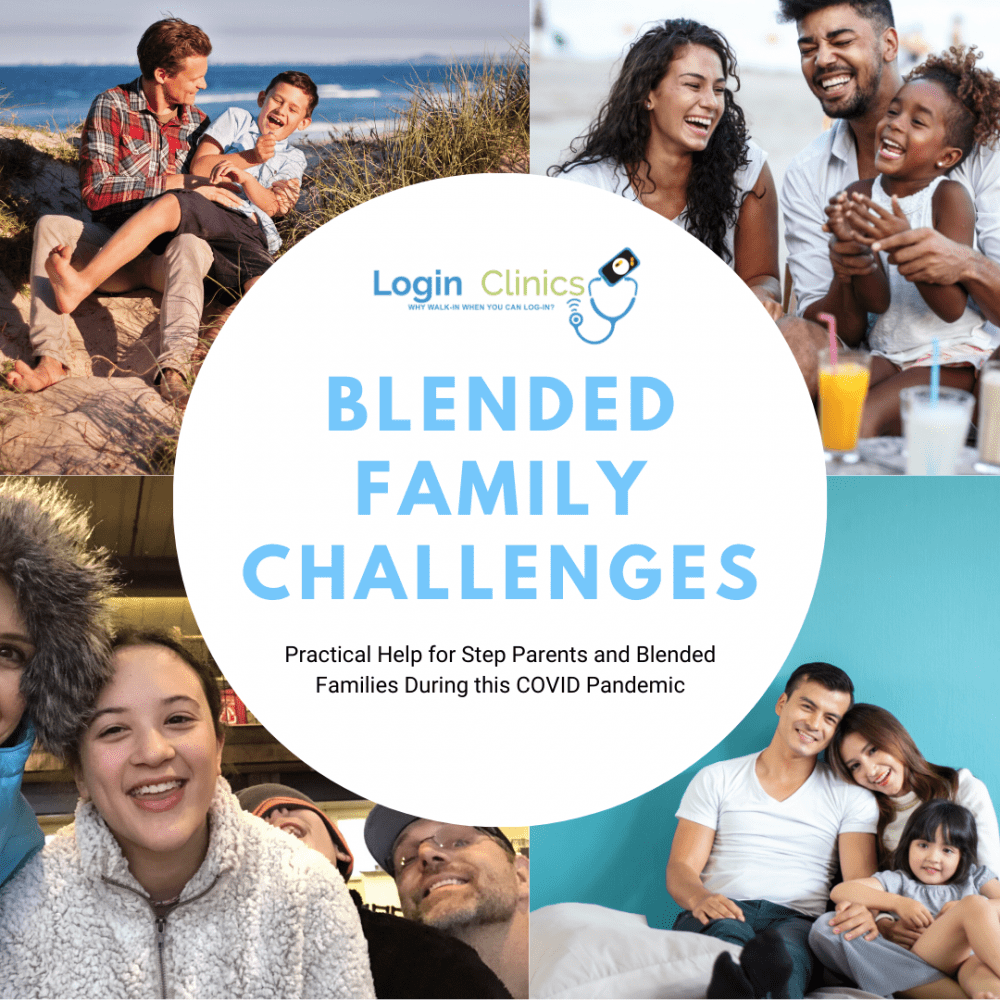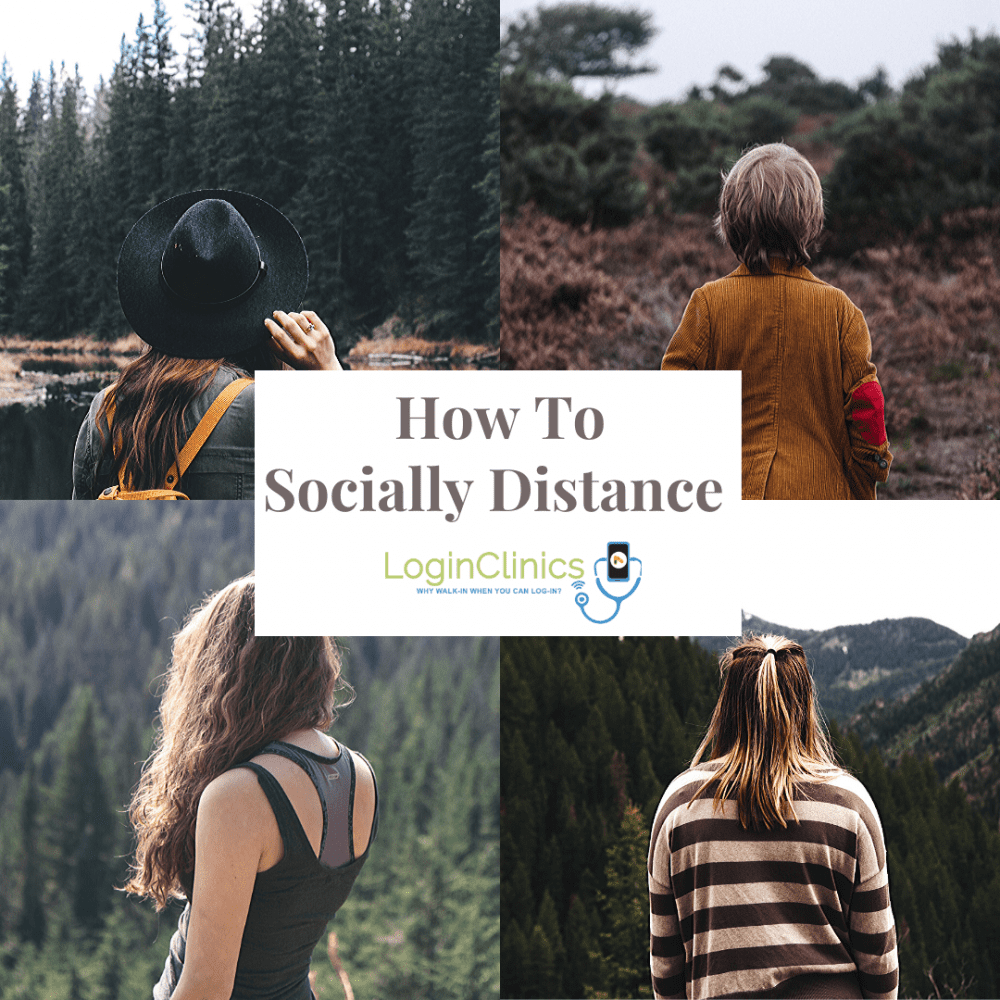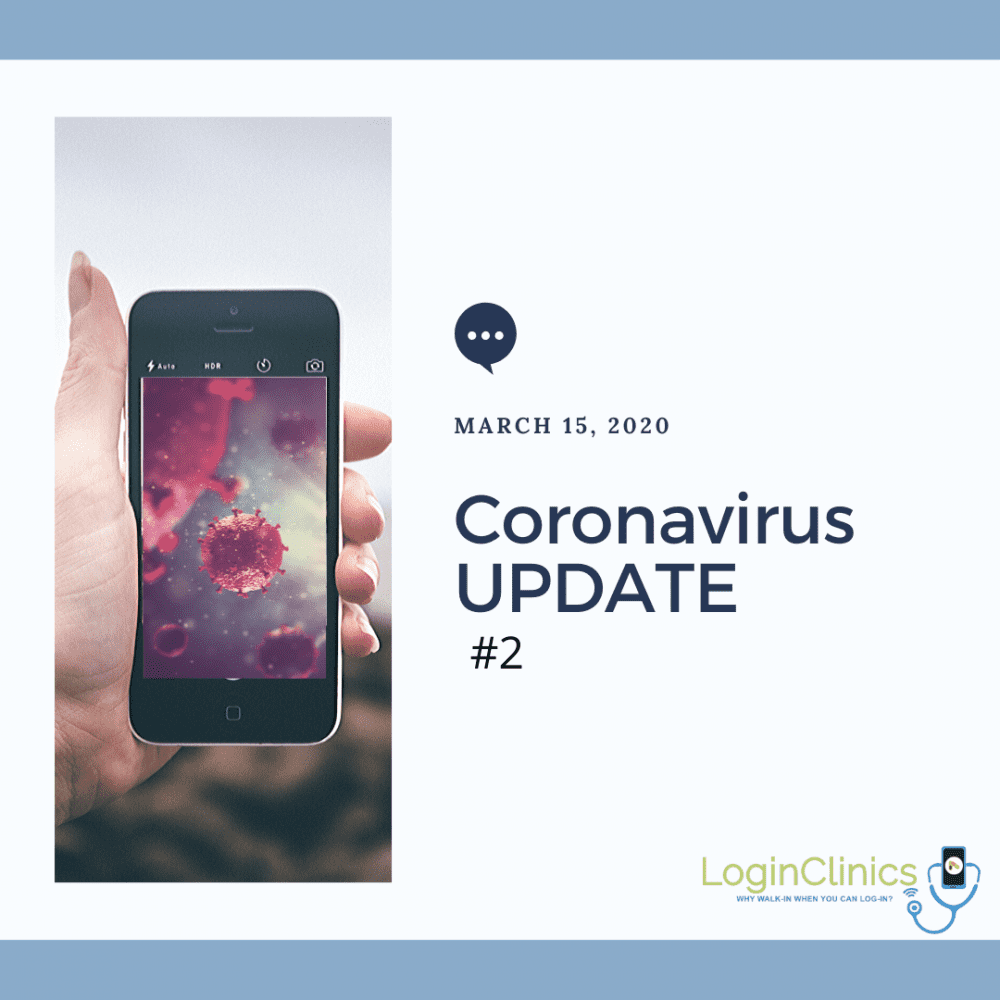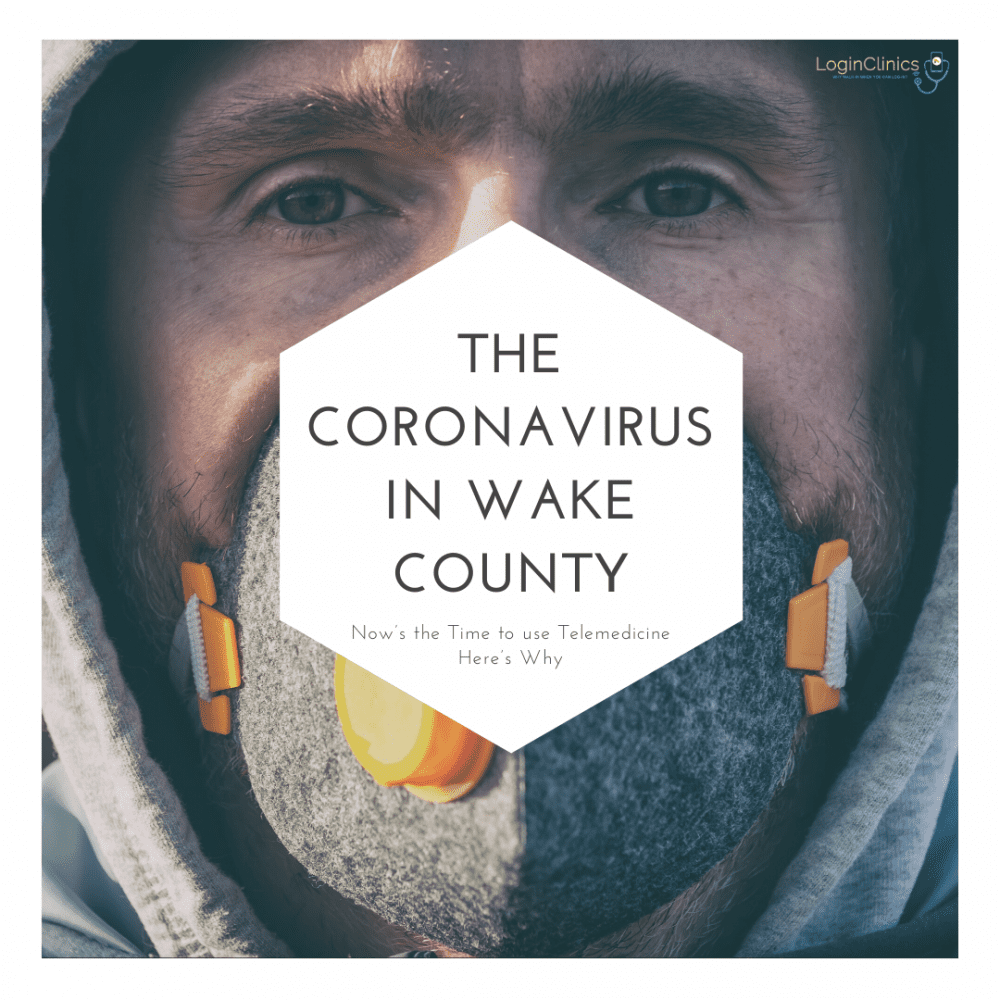Blended Family Challenges During the COVID19 Pandemic
Two weekends ago when everyone was heeding advice from local and federal authorities to stay home- including myself and my husband- my stepdaughter went to a convention in Asheville. Because of our concerns about COVID exposure, my husband reached out to his ex about the trip. He was told she felt safe taking her and discussed with his daughter they would not hug anyone while they were there. The week following the convention my husband was on the phone with his kids and his daughter volunteered that Mom “has fevers and body aches”. Of course we were concerned so my husband reached out again to his ex-wife via email and she responded days later with a less than reassuring response.
This comes in stark contrast to the message I received from my ex. He has been texting me for weeks now with article links about COVID and is on Fort Knox isolated lockdown, complete with an insta-greenhouse and food delivery trucks. He believes my occupation places him and his step kids at risk and he has asked for our kids to stay with him until COVID is eradicated.
As you can imagine, step and co-parenting can be challenging, especially if communications from the other households are sparse, and beliefs about what is best for each household are conflicting. As a stepmom of almost eight years, I’m used to not being able to control what happens in the other parents’ homes. I’m also used to unintentionally sharing socks, lunchboxes, attitudes and the flu. I am fully aware that each decision made by one household can potentially affect the other three.
Especially now, both parents and families need to be on the same page. They need to discuss the plans for custody right now, but also need to have a plan in place if someone becomes ill. I talked to LoginClinics’ Therapist Sarah Harris, LMFT about my dilemma this weekend. She offered some steps to take when considering custodial time changes during the COVID pandemic.
Remove your emotions and stick to the facts.
Calm yourself and find a way to stay grounded amidst all of the chaos and uncertainty that is going on. If you get caught up in just the emotional component of things, you lose clarity of thought and end up choosing unhealthy responses and plans that do not put the children first. If you do not know how to stay grounded, or need help with mindfulness-based stress reduction, call us ;)
Stay rational about the situation.
Make sure you are making the kids your utmost priority. Use clear and open communication with each other about the situation and your concerns with the children. This is not about you, this is about what’s best for your kids. You need to love your kids more than you love yourself.
Put all of the possible options out on the table.
Let the other parent know which one of these options you are comfortable with, and which you are not. It’s also important to be realistic and practical when considering what these options are. You cannot control every possible risk, so be mindful to not go to extremes when offering solutions.
Pick the resolution that both of you agree on.
Out of all of the possible (rational) options, there is bound to be a middle ground that the both of you can agree on. If you have concerns about the other partner- what they might be doing- keep these discussions away from the children. The last thing our kids need is our anxiety projected on them and making them feel like they need to choose sides.
From a medical perspective you also need to consider what will be done if anyone in either household becomes ill. Currently Wake County is under Governor Cooper’s “Stay at Home” order so presumably there should not be much in the way of exposure, but given the odd carrier status and long incubation of this virus you just never know. You may think it’s safe to have a drink on your back porch with your neighbor or go to the grocery store without a mask, but it may not be. None of us have a crystal ball. Here are some ways that you can protect yourself and your family as well as providing reassurance for your children:
Make a plan and put it in writing.
If you don’t have participation or agreement from the other household, that’s okay. You can still actively communicate your status and symptoms to them even if they don’t respond. In your plan, specifically mention what you will do if you or your children develop any upper respiratory infection symptoms. A good way to instill trust and show you are keeping communication channels open is to report your status to the other household on the exchange day via text or email. This will be easy for me because I always give a “report” to my kids’ Father on exchange day but now I also include health status updates. Here’s a text I sent before they tracked out:
“VV and I studied tonight for her science test friday- quiz code is 3441420 she still is getting a 70%. Also, David has decided he wants to practice driving so we have been doing that as well. He’s actually pretty good and even drove to school this morning. He’s a little unclear as to who has the right of way when it comes to intersections and turning. Additionally, I just purchased some Airborne gummies and Elderberry gummies to help keep their immune systems strong.”
Implement health-boosting measures.
Sleep: I’m always on a health tirade with my kids, but now even more so. They are out of school and thrive with more structure and routine (as does my sanity). Both structure and routine help the body and the brain to operate optimally. Even though we are tracked out my kids still have a routine bedtime. It’s two hours later than when they are in school and they also get to sleep in an extra two hours. Wake up times are consistent however, so no one sleeps past 10 or 11 am.
Supplements: My kids are taking Elderberry, Vitamin C and Airborne supplements daily, along with a multivitamin. I generally am not a promoter of vitamins if one eats a healthy diet and has no nutritional deficiencies, however we know that these immune systems boosters do just that.
Exercise: Scientific studies has proven over and over that moderate exercise most days of the week actually boosts and strengthens your immune system. It improves immune system regulation as well as delaying the onset of age-related dysfunction. Exercise also stimulates various pathways in the body to promote a decrease in inflammation. I’ve recently found the practice of Yoga and find it to be perfect for a mind and body workout.
Brain Games and Reading : We know that mental and physical health go hand-in-hand. If your brain is filled with anxious or depressing thoughts, your body and immune system can be weakened. Taking time to focus on a good book or playing cards or board games with family members you love can release those healthy brain neurotransmitters and keep your immune system strong.
This is an unprecedented time for the majority of us with the threat of anxiety and depression lurking around every corner. In my four decades of life I have never seen anything like this. I have anecdotally heard about the devastation caused by polio, smallpox and measles but have not experienced it first-hand. I was born after these diseases were eradicated.
I’ve been a nurse for twenty-two years and a nurse practitioner for fifteen. I’ve taken care of tuberculosis patients on respiratory isolation and patients in cholera camps in Haiti. I’ve been stuck by needles used on patients and have witnessed some really scary medical situations in both the trauma center and ICUs I have worked in. I am trained in sterile procedures and how to maintain said sterility. I worked in interventional radiology for a decade placing chest ports for chemotherapy utilizing the utmost of sterile conditions. I know how to put on and take off PPE (personal protective equipment) with the best of them. I am not a fearful person and I do not live in a state of fear. During this time I continue to live my life and enjoy the time with my kids and husband making the most out of the days that I have- life is short and not guaranteed.
The last thing any of us need right now is more added stress and speculation about things that may never come to pass. The best we can do is put our children first. Communicate openly and honestly with our co-parent. Stay focused on the good. Promote physical and mental health and wellness in your immediate household. Do not focus on the activities (or lack thereof) in the other household your kids live in. Practice good eating and sleep practices. Exercise. Meditate. Do Yoga. PRAY.
Extend love and kindness to your immediate family and to those outside it.
Parenting Time Considerations During the COVID19 Pandemic
Child Custody Arrangements Amid Coronavirus: Statewide Family Law Panel Issues Guidance
7 Guidelines for Parents Sharing Custody of Children During the COVID19 Pandemic
Coronavirus: Children Can Visit Separated Parents During Restrictions
Quarantines and Custody Agreements: How do Divorced Parents Handle the Coronavirus?
COVIDs Impact on Child Custody and Divorce in Colorado
How to Help Kids Sort Fact from Fiction About the Coronavirus
Planning Ahead Helps Make Blended Families Work
Helping Children Cope with Changes from COVID19
About LoginClinics- Founded by Jaclyn Qualter, a nurse practitioner and health care mentor, in September 2019, LoginClinics provides its fee schedule on its website at www.LoginClinics.com along with FAQs on how to use the online service. More information can be found on its social media www.facebook.com/TelemedicineNC or @loginclinics on Instagram.
Author: Jaclyn Qualter, Founder, Nurse Practitioner and Healthcare Mentor
How To Distance Socially without Detaching
“Party of four please!”
I don't know about you, but I’m having a hard time keeping up with the amount of people I can hang out with in the midst of this epidemic. A week ago, the CDC simply recommended canceling large events and mass gatherings for two months, then yesterday the White House instructed America to keep the gatherings to groups of ten or less. Last night our Governor closed all dine-in restaurants and bars at 5pm until further notice.... take out only.
“What’s the goal of all of this distancing?”
The CDC defines social distancing as “remaining out of congregate settings, avoiding mass gatherings, and maintaining distance (approximately 6 feet) from others when possible." The virus seems to be primarily spread through respiratory droplets of an infected person. If you are in close contact with this person (less than six feet for ten minutes or more), there’s a good chance you will contract the virus. The CDC says it may be possible to pick up the coronavirus from countertops and door knobs but that doens’t seem to be the primary vector for transmission… Hence the distancing.
It seems to me that most people think we are going to stay in solitude in our homes until the virus is completely eradicated thereby escaping the contagion completely... not really. Oxford's Our World in Data project explains:
"While the total number who get infected might not change, the containment measures intend to avoid an outbreak trajectory in which a large number of people get sick at the same time."

Therefore, staying home and distancing yourself from others is crucial to “flatten the curve” and lesson the number of cases seen daily, weekly and monthly. The goal of this is to reduce the death toll and slow the number of people who contract the virus. This will help our hospitals, medical centers and urgent cares be able to safely take care of those who become ill with the virus as well as those who need medical care for other reasons, like accidents, heart attacks, cancer surgeries, etc.
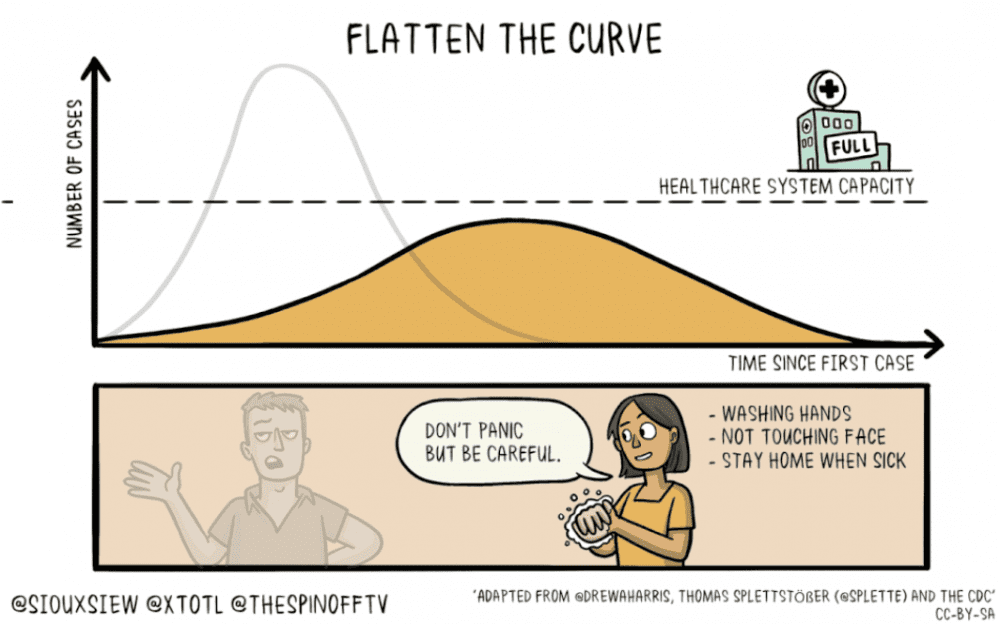
Many hospitals have tried to prepare by stockpiling extra supplies and training staff in COVID-19 triage procedures. Unfortunately, some hospitals are already showing strain. Vital supplies of personal protective equipment (PPE) are either depleted or set to run out in a matter of days and certain medications made only in China are in short supply. Other hospitals that have been inundated by the virus, like Italy, set the example of what can happen to a hospital system that isn’t prepared for this type of outbreak: not enough ICU rooms, negative pressure rooms or ventilators, and moving critically ill patients out of the ICU so that “sicker” patients can take their place.
“Isn’t this just another flu virus? I’m used to those!”
I hear many people minimizing the situation by saying the coronavirus is just another “flu” and all of this extreme social distancing is off-the-charts insane. I think the gravity of this new virus can be difficult for some to comprehend because we only have our first hand experience to compare it to, and that is our experience with the yearly flu. When people compare the coronavirus to the yearly flu, it normalizes this virus thereby minimizing our concern.
On average, our typical flu season lasts about three months time. Since we can predict the virus type and the season, about 40% of the population receives the flu vaccine prior to the season even starting. The yearly flu season is well-studied and well-prepared for. Epidemiologists can predict where it comes from, when it’s coming and how severe (or not) it will be. Last year 34,200 people died from the flu. In contrast, we don’t know how long this virus will last or even exactly where it came from. We are in the process of studying it while it is causing severe illnesses and deaths. Instead of studying it in a lab, we are studying it on the battlefield.
“What if I need to see my Nurse Practitioner or Doctor?”
If you are mildly ill, the CDC wants you to stay home and call your healthcare provider. If you don’t have a nurse practitioner or doctor, Telemedicine companies like LoginClinics are a great place to start. In fact, the White House and private insurance companies are now covering telemedicine services given this epidemic. LoginClinics’ providers are certified in telemedicine and are able to quickly triage your symptoms and perform a medical evaluation over the internet securely. If everyone with mild respiratory symptoms sought in-person care, it would make the treatment of critically ill patients more difficult. Plus, you would be putting yourself at risk for picking up the virus if you didn’t have it.
The take home message? Stay home if you are mildly ill. Call your nurse practitioner or doctor if you have both a fever and a cough, or use certified telemedicine platforms like LoginClinics. If you develop severe symptoms like shortness of breath, unremitting fever, weakness or lethargy, seek care immediately. Older patients and individuals who have underlying medical conditions or are immunocompromised should contact their nurse practitioner or doctor early in the course of even a mild illness.
If you do not have access to a primary care provider, or don’t have the broadband capacity for a telemedicine visit, contact the Wake County Health Department, or any other North Carolina County Health Department here.
“Can I go to the grocery store?”
Sure, but try to do so not very often. I recommend planning ahead and using grocery store pick up services at Wal-Mart, Target, Lowes or Harris Teeter if you can. These systems are overwhelmed too, so give them a couple of days to prepare your order. Amazon’s Prime Pantry delivers to your home in two days if you are a prime member. There are also other food delivery services like Rastelli’s for meat, Sunbasket, Hello Fresh and Blue Apron . If you can, I recommend shopping local and using Just One More Bite or The Lemon Tree .
“Can I go out to eat?”
No. That would cause a lot of exposure and compromise the group number and distance rule. If you have an urge for chinese food, pizza or sushi, call your favorite restaurant and schedule a curbside pick up, or use delivery services like Uber Eats or Grub Hub.
“What should I avoid until further notice?”
- Gatherings indoors of 5 or more people
- Handshakes and hugs
- Getting close to people who do not reside in your home
- Public places like movie theatres, restaurants, gyms, churches
- Public transportation
- Playdates for your kids
- Nail Salons
- Nursing Homes and Assisted Livings
- Birthday parties, weddings and other celebrations
“What can I do?”
Go outside- spring is upon us! If you see your neighbors, stop and chat with them but reserve the hugs and handshakes for another day. Take your dog or kids for a nature walk. Play tennis, soccer, or basketball in your driveway. My daughter rides horses at an outdoor farm so she has been having fun doing this over her break.
Make a list of things you can do inside your house- you know, that list that you never get to like cleaning the baseboards and reorganizing your closet? Here’s some of the things that are on my list for the next two months:
- Go through clothes and package them up for donation
- Paint my daughter’s room
- Clean and organize my garage
- Organize and clean out my attic
- Daily Unwined on White virtual yoga
- Plant trees outside and mulch the garden beds
- Family game nights
- Read through my book list in double time
- Watch the Seinfeld series from beginning to end, but only 1 per day
- Buy clothing and accessories from Arrow Tree Boutique - delivered for free!
- Quarintine myself in my bedroom with my husband ;)
- Distance learning with the kids
- 20 minutes of reading per day. (Page158 books is providing curbside service!)
- One virtual field trip per day
- Free Scholastic Learning Courses
- Play Alexa Would you Rather or Escape the Room games
- Pen paling
Coordinate with your neighborhood or street to offer a front porch book and game exchange. Our street has a closed facebook group that we use to maintain a sense of community as well as communicate information and needs. I put a bunch of books outside on my porch, took a picture of them and posted them in the group. This way, we have our own internal book and game exchange.

And most of all, don't panic or worry. Find the positives in the social distancing- more time for your spouse, kids and home. More time for things that you've placed on the backburner that just never seen to get taken care of. This too shall pass, but in order for it to pass with the least severe impact on our nation and healthcare system we need to stay distanced, but still stay engaged.
About LoginClinics- Founded by Jaclyn Qualter, a nurse practitioner and health care mentor, in September 2019, LoginClinics provides its fee schedule on its website at www.LoginClinics.com along with FAQs on how to use the online service. More information can be found on its social media www.facebook.com/TelemedicineNC or @loginclinics on Instagram.
Author: Jaclyn Qualter, Founder, Nurse Practitioner and Healthcare Mentor
Coronavirus UPDATE March 15, 2020
Weekly Update
This past week has been like no other I’ve seen in my 20 years in direct patient care. Last year I opened my own telemedicine business- LoginClinics- but didn’t imagine it would be used to screen people virtually for novel coronavirus symptoms. It seems telemedicine is at a tipping point right now as many federal organizations and healthcare institutions are strongly advocating for its use. Only a couple days ago President Trump signed the Coronavirus Preparedness and Response Supplemental Appropriations Act, 2020 (HB 6074) which allows Medicare to reimburse for more TeleHealth services. As a healthcare provider, my email inbox is flooded daily with COVID19 information and position statements from various healthcare companies, medical associations and boards. As a healthcare provider I’m told I need to encourage my patients to stay home and offer telemedicine services delivered via phone, tablet or computer.
COVID-19 Background
Just to recap, the family of coronaviruses have been around for a long time and they are typically responsible for the common cold. The novel, or “new” coronavirus (COVID-19) has produced an epidemic that is similar to the SARS (Severe Acute Respiratory Syndrome) and MERS (Middle East Respiratory Syndrome) outbreaks of 2002 and 2015 respectively. Here are are the stats to date:
- SARS: 8,096 cases, 9.6% mortality
- MERS: 2,494 cases, 34% mortality
- COVID-19: 153,524 cases, 3.7% mortality (5,789 deaths)
Let’s Get Scientific… You can do it!
Two recent medical retrospective studies (called this because we can’t select our patient base, we simply look back to gather data) were published on March 11th about COVID19 patients in the Lancet and JAMA. These aren’t medical science gold standard, but it’s the best we have right now.
The Lancet looked at risk factors and the course of COVID19 disease of 191 Wuhan, China patients.
- About half the patients had another medical problem (48%)
- High blood pressure 30%
- Diabetes 19%
- Heart disease 8%
- Increasing age showed a higher risk of death and multi organ failure; kidney failure being the most common
- Contagiousness lasted on average of 20 days, but sometimes lasted up to 37
Since this virus is so new we need to figure out which way to test for it is the best and most accurate. JAMA analyzed over one thousand different lab specimens from 205 patients who were diagnosed with COVID-19. They looked at which types of lab tests would produce the most accurate result (in this case, a positive COVID diagnosis) in someone with the infection. In this study, they found the average age of persons to be 44 with the oldest being 67 and the youngest 5. Almost 70% of the specimens were from men and 19% were described as having “severe illness”. The results showed lung washings to be the most accurate at 68%. The rest were:
- Sputum: 72% accurate
- Nasal swabs: 63% accurate
- Brush biopsy: 46% accurate
- Stool: 29%
- Blood: 1%
- Urine: 0%
Other Scientific Updates
1- Care is supportive. Medications that help slow viral shedding like Tamiflu and Xofluza have not been deemed effective.
2- Trials are underway to test china’s anti-flu drug favilavir , the malaria drug chloroquine, the ebola drug remdesivir, and the HIV drug lopinavir/ritonavir.
CDC Prevention Recommendations Remain Static
- Stay home when you are sick with respiratory disease symptoms. At this time, symptoms are more likely from the flu than COVID-19
- Cover coughs and sneezes with a tissue, then throw it in the trash can
- Wash hands often with soap and water for at least 20 seconds; especially after going to the bathroom, before eating, and after blowing your nose, coughing or sneezing. (If soap and water are not readily available, use an alcohol-based hand sanitizer with 60-95% alcohol.)
- Environmental Health Action: Routinely clean frequently touched surfaces and objects
- Avoid handshakes
- Avoid touching your eyes, nose and mouth
- Cough and sneeze into your elbow, not your hands
- Avoid close contact with anyone who is sick
- Use hand sanitizer between washes
- Clean and disinfect frequently touched objects and surfaces using a regular household cleaning spray or wipe
When can I, and how do I get tested?
Currently, tests are in short supply and available on a limited basis. Broader testing may be available and recommended soon through drive though sites hosted at your local Wal-Mart courtesy of the Trump Administration. For now, however, the determination of who to test lies at the sole discretion of the treating medical provider. Priorities for testing may possibly include:
- Any recent travel to a country with a CDC level 2 or Level 3 travel health notice for COVID-19
- Any persons, who within 14 days of symptom onset had close contact with a suspect or laboratory-confirmed4 COVID-19 patient, or who have a history of travel from affected geographic areas within 14 days of their symptom onset.
- Other symptomatic individuals such as, older adults and individuals with chronic medical conditions and/or an immunocompromised state that may put them at higher risk for poor outcomes.
If you’re not sure what kind of symptoms you’re experiencing, or if you don’t have a medical provider, you should use a telemedicine platform like LoginClinics to start. LoginClinics is providing our local community members with $10 Coronavirus Screenings through the end of this month. Simply call, text or schedule an appointment online here.
Steps to take if you feel “flu-ish”:
For the time being, if you feel “flu-ish” you should make the same decisions about seeking medical care as you would normally. Determining whether you have a cold, the flu, bronchitis or pneumonia is important, but this determination needs to be done in the same way as you did before you heard of the COVID epidemic.
Ask yourself this question:
“If I knew nothing about COVID, would I seek medical care right now?”
If your answer is “yes”, then call your doctor. If your answer is “no”, then continue on as you would any other day. We must be careful healthcare consumers right now. We cannot allow ourselves to be motivated by panic and driven by anxiety. We must remain smart and careful and know the resources that are available to us. LoginClinics is here to help with any questions or concerns you may have about your bodily health, your mental health or your risk of having the novel coronavirus. We can guide you and give you recommendations on what to do and how to proceed. If we feel you need to be tested for the virus, we can facilitate that too.
Author: Jaclyn Qualter, Founder, Nurse Practitioner and Healthcare Mentor
The Coronavirus Appears in Wake County, North Carolina
The Coronavirus Appears in Wake County, North Carolina: Now is the time to use telemedicine
The coronavirus (COVID-19) seems to be surging the United States quickly. Just three days ago at a press conference, President Trump cited only 22 infected persons nation wide. Tonight, as I’m writing this article, there are 122 documented cases. That’s a caseload increase of 82% in the past three days, or 27.3% per day. And while we thought things were staying confined to the west coast and Canada, ABC 11 News reported a man from the Raleigh area is in quarantine after returning to RDU from Seattle. The CDC is now urging healthcare institutions and consumers to utilize TeleHealth and TeleMedicine platforms like LoginClinics to triage symptoms, conduct screening questionnaires and direct patients to proper testing locations if needed.
How long has the coronavirus been around?
Just to give you some background, coronavirus aren’t new- they’re a family of viruses that were responsible for the SARS (Severe Acute Respiratory Syndrome) outbreak in 2002 and the MERS (Middle East Respiratory Syndrome) outbreak in 2015. Their effects are broad. They usually cause common cold symptoms but can cause devastating epidemics like we’re seeing right now.
How is it spread?
We still don’t clearly understand how the virus is spread. Initially, the virus was associated with contact at a Wuhan China meat and seafood market where people had worked or visited, but now we know that the virus can be spread similar to that of the flu. This means breathing in air from an infected person or direct contact with an infected persons’ body fluids (sneezing, nose drainage, eye drainage, etc) can transmit the virus.
How long until symptoms develop?
Most cases occur about five days after exposure, but the entire incubation period is thought to be around 14 days.
How long does the virus last?
Recovery time ranges from about two weeks for mild infections to three to six weeks for severe infections.
How do people present?
Think pneumonia symptoms- fever, cough and shortness of breath. Here’s the most current symptoms information we have from a group of 314 Chinese patients courtesy of the Chinese Center for Disease Control and Prevention:
- 81 percent of infections were mild (no or mild pneumonia)
- 14 percent of infections were severe (shortness of breath and low oxygen levels, pneumonia in 24-48 hours)
- 5 percent were critically ill
- 3 percent resulted in death with most occurring in the elderly or those with multiple medical problems
How can I protect myself?
Wash your hands for at least 20 seconds and use hand sanitizer between washes. Avoid handshakes as well as avoid touching your eyes, nose, and mouth.
Should I buy a face mask?
Not unless you are sick or caring for someone who is sick. Most don't effectively block droplets that carry viruses. The US Surgeon General, Jerome Adams is telling the public to stop buying masks so as to reserve them for healthcare works and those infected. Adams notes “There are things people can do to stay safe. There are things they shouldn’t be doing. One of the things they shouldn’t be doing, the general public, is going out and buying masks. It actually does not help, and it has not been proven to be effective in preventing the spread of Coronavirus amongst the general public.”
Since viruses are nearly 100 times smaller than bacteria, the standard earloop surgical mask will not help. If you want to purchase a mask for personal use, I suggest making sure it covers the smallest particle size of the coronavirus which is 0.06 microns (N95 or N99). Check the filtration size before you buy!
Is there a vaccine?
Not yet, but one is being worked on at a expeditious rate. Still have to undergone trials, testing and production. Some say it could be up to a year before one is available.
Is it still ok to travel?
Currently, the CDC recommends avoiding all non-essential travel to China, South Korea, Iran and Italy. They recommend postponing traveling to Japan if you have multiple medical problems and practicing universal precautions if you head to Hong Kong. Access additional travel advisories here.
What should you do if you develop COVID-19 symptoms?
If you are stable and not in any distress, contact your doctor or healthcare professional by phone to get instructions before going in. You can also use LoginClinics to get a quick screening of symptoms and referral if one is needed. The use of telemedicine platforms like LoginClinics will limit your exposure to others and vice versa. If you do need to go to a medical facility or urgent care, use a face mask as quickly as possible upon entering.
Finally, I really am a fan of this interactive web-based dashboard that Johns Hopkins maintains. For realtime COVID-19 stats, visit it here.
To schedule an appointment or learn more go to www.healixhealthclinics.com or call 919-679-1880.
About LoginClinics
LoginClinics, PLLC, offers patients telemedicine, urgent care, concierge medicine and counseling online through a smart phone or internet-connected webcam. Based in Wake Forest, North Carolina, the online clinic serves North Carolina residents. Founded by Jaclyn Qualter, a nurse practitioner and certified telemedicine provider, in September 2019, LoginClinics provides its fee schedule on its website at www.LoginClinics.com along with FAQs on how to use the online service. More information can be found on its social media www.facebook.com/TelemedicineNC or @loginclinics on Instagram.
Author: Jaclyn Qualter, Founder, Nurse Practitioner and Healthcare Mentor

